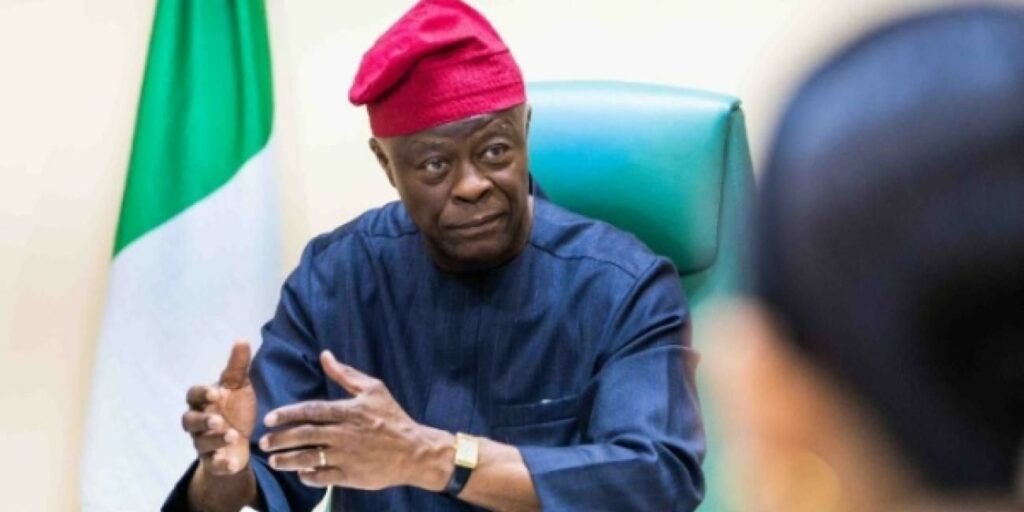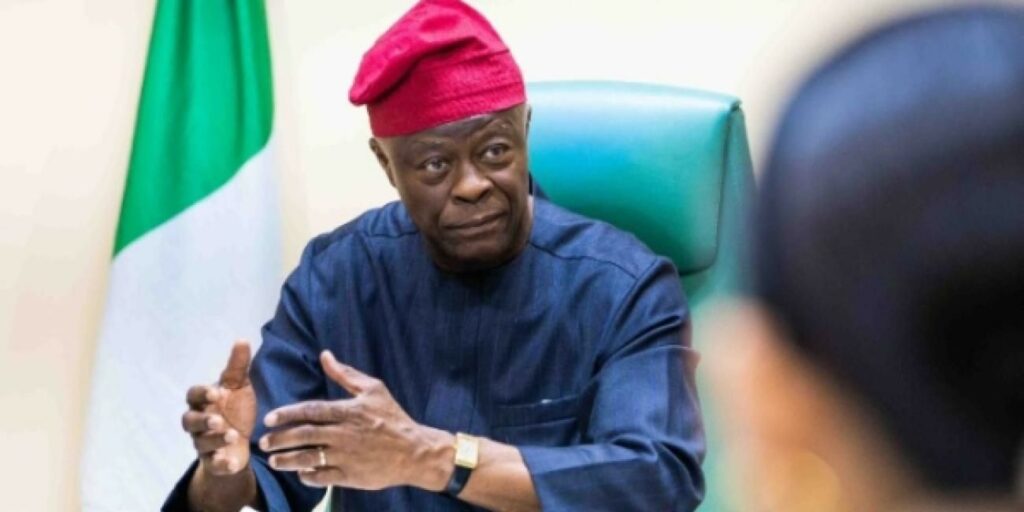
Nigeria’s Minister of Finance and Coordinating Minister of the Economy, Wale Edun, has defended the need for additional borrowing to fund the federal budget, even as the country’s public debt exceeds N134 trillion. Edun made the statement during an interactive session with the Senate Joint Committees on Finance, National Planning, and Economic Affairs, focused on the 2025–2027 Medium-Term Expenditure Framework and Fiscal Strategy Paper.
Edun acknowledged the progress in revenue generation, with some Ministries, Departments, and Agencies (MDAs) surpassing their targets. However, he emphasized that borrowing remains essential for funding critical sectors and addressing budget deficits.
“The revenue effort has been good, but we still need to do better. In the meantime, borrowing must be done productively, effectively, and sustainably to invest in the Nigerian economy—not just in infrastructure but also in social services such as health, education, and safety nets for the most vulnerable,” he said.

Minister of Budget and Economic Planning, Senator Atiku Bagudu, also highlighted that the N35.5 trillion 2024 budget includes a N9.7 trillion deficit, necessitating additional borrowing to cover the shortfall and enhance productivity. Bagudu outlined the administration’s long-term vision under Agenda 2050, which aims to achieve a GDP per capita of $33,000.
However, other government agencies, including the Economic and Financial Crimes Commission (EFCC) and the Revenue Mobilisation and Fiscal Commission, argued that Nigeria could potentially fund its budget without resorting to loans.
EFCC Chairman Ola Olukoyede disclosed that the commission recovered over N197 billion in 2024. He added that if the government intensifies efforts to recover outstanding payments from International Oil Companies (IOCs), sufficient funds could be generated to cover budgetary needs.
Similarly, Comptroller General of the Nigeria Customs Service, Bashir Adeniyi, reported that Customs revenue for 2024 reached N5.352 trillion, surpassing the N5.09 trillion target. He projected a 10% revenue increase for 2025, with similar growth anticipated in 2026 and 2027.
These revelations have sparked debate over the government’s reliance on loans amid growing calls for more effective revenue management and recovery strategies to reduce the fiscal deficit.






